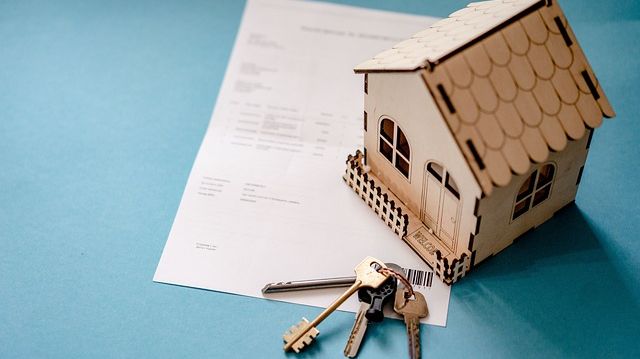
Pressmeddelande -
Current State of Germany's Real Estate Market
Germany's real estate market is exhibiting signs of cautious optimism as it navigates a complex landscape shaped by recent economic shifts, policy changes, and evolving investor sentiment.
Market Recovery and Transaction Volumes
In 2024, the German real estate sector experienced a modest recovery. Jones Lang LaSalle (JLL) reported a 14% increase in property transactions, totaling €35.3 billion, while Colliers noted a 12% rise to €36.2 billion. Despite these gains, transaction levels remain below long-term averages, reflecting ongoing market challenges.
Looking ahead, forecasts for 2025 suggest continued but measured growth. JLL anticipates transaction volumes to reach between €40 billion and €42 billion. However, these figures are still close to decade lows, underscoring the need for cautious optimism.
Interest Rates and Housing Prices
The European Central Bank's recent interest rate cuts have positively influenced the housing market. Analysts predict a 3% increase in German home prices in 2025, following a two-year decline. This anticipated rebound is attributed to lower borrowing costs and a gradual stabilization of the market.
Challenges in Housing Supply
Despite these positive indicators, Germany continues to face a significant housing shortage. High construction costs and elevated interest rates have hindered new housing developments, exacerbating the supply-demand imbalance. In 2023, only 245,000 new apartments were built, falling short of the government's target of 400,000 units per year. Projections for 2024 are even lower, at 210,000 units, intensifying the pressure on housing availability and affordability.
Rental Market Dynamics
The rental market is also experiencing notable shifts. In Berlin, for instance, median asking rents surged by 21.2% in 2023. This increase is partly due to landlords utilizing legal loopholes to offer apartments as "temporary" and "furnished," thereby circumventing rent control regulations. Such practices have led to a proliferation of short-term rentals, further tightening the long-term rental market.
Investor Sentiment and Economic Outlook
Investor confidence is gradually returning, bolstered by a more predictable interest rate environment. The onset of moderate yield compression in prime segments indicates a stabilization of property values. However, geopolitical uncertainties and the upcoming federal elections in February 2025 may influence market dynamics.
Conclusion
While Germany's real estate market shows signs of recovery, it remains imperative to address the structural challenges of housing supply and affordability. Sustained efforts in policy reform, investment in construction, and regulatory adjustments are essential to ensure a balanced and resilient market in the years ahead.